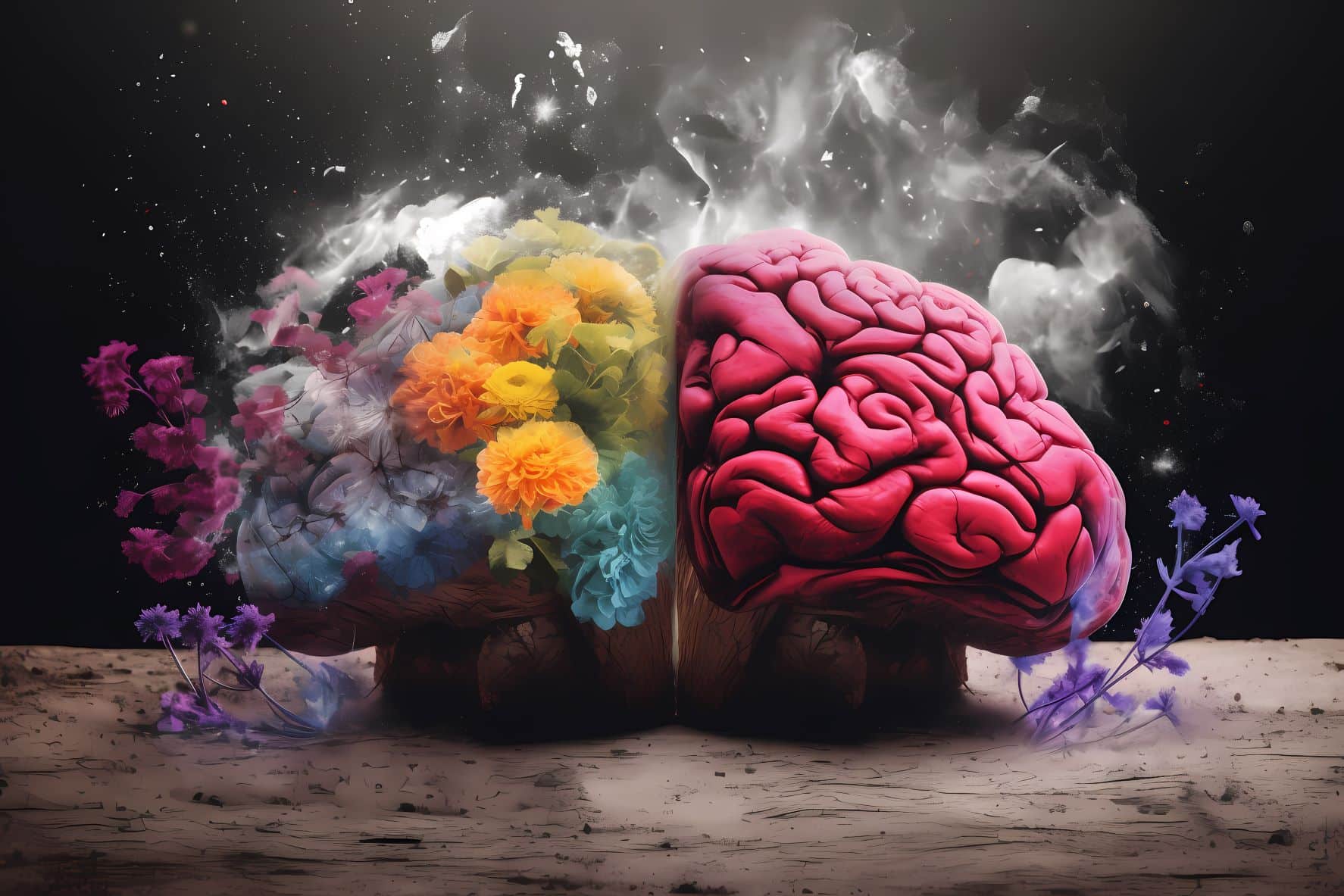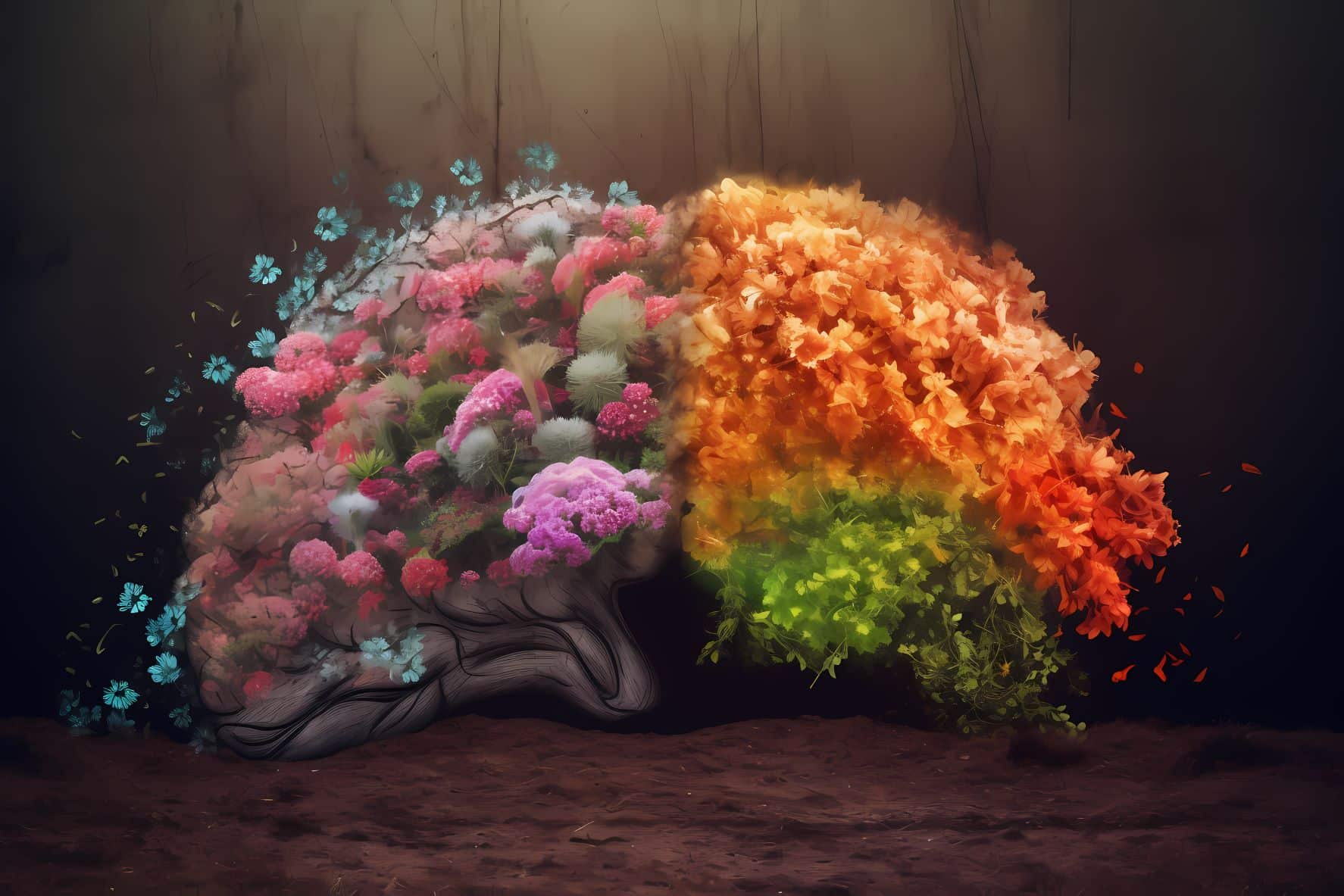You’ve probably heard the saying, “You are what you think.” It’s a concept that’s been around for ages. One person who captured it was Mahatma Gandhi, with his famous quote: “A man is but a product of his thoughts; what he thinks, he becomes.” But what does it mean, and how did this idea come to life?
The Historical Context
Mahatma Gandhi, born in 1869, led India’s struggle to become independent from British rule. He’s known for his philosophy of non-violence and has inspired countless movements for civil rights worldwide. People generally cite The quote to emphasize the power of thought in shaping one’s character and destiny.
The Meaning Behind the Words
When Gandhi said, “A man is but a product of his thoughts,” he highlighted the incredible power our thoughts have over our lives. Essentially, your thoughts shape your actions, and your actions shape your destiny. Think positively, and positive things happen; dwell on the negative, and you may spiral downwards.

The Power of Thoughts
In simple terms, thoughts are like seeds. Plant good seeds and you’ll reap a good harvest. You can’t expect to live a positive life if you’re continuously sowing negative thoughts. Thoughts guide your choices, influence your emotions, and guide your life.
The Domino Effect
Your thoughts are the starting point of a chain reaction. Thoughts lead to feelings, feelings lead to actions, and actions lead to outcomes. The results will likely be favorable if you start with a healthy, constructive thought.
Practical Implications
So, how can we use this wisdom in our day-to-day lives?
- Be Mindful: Start paying attention to your thoughts. Are they helping you, or are they holding you back?
- Adjust: If you find that your thoughts are negative, don’t beat yourself up. Acknowledge it, and then work to shift towards a more positive outlook.
- Take Action: Positive reviews are great, but positive actions must follow them. Make small changes daily to move toward your goals.
Change
Gandhi’s quote isn’t just a string of words; it’s a philosophy that can change your life. Understanding that you are a product of your thoughts can empower you to become a better version of yourself. The key takeaway here is to be the master of your thoughts and to live intentionally, setting yourself up for a future that you’re excited about.
So, the next time you ponder life’s big questions, remember: What you think, you become. Choose your thoughts wisely!
Frequently Asked Questions: The Origin and Meaning of Gandhi’s Quote: “A Man is But a Product of His Thoughts”
The quote “A man is but the product of his thoughts; what he thinks, he becomes,” is attributed to Mahatma Gandhi, a leader in India’s struggle for independence against British rule. This quote encapsulates his belief in the transformative power of thought.
The quote essentially means that your thoughts shape who you are and what you become. If you think positively, you’re more likely to lead a fulfilling life. Conversely, negative thoughts can lead to unfavorable outcomes. Gandhi emphasizes the pivotal role thoughts play in shaping your character and destiny.
While the quote is a part of Gandhi’s own philosophy, it aligns with ancient wisdom found in various traditions, like Buddhism and the Hindu scripture, the Bhagavad Gita. The power of thought in shaping one’s life is a recurring theme in multiple philosophical doctrines.
Living by this quote involves being mindful of your thoughts. Whether you’re at work, in school, or dealing with relationships, paying attention to your thought patterns can guide your actions and attitudes, making you more successful and balanced in various life situations.
Yes, there is a growing body of research in psychology that suggests our thoughts can influence our physical and mental well-being. Cognitive Behavioral Therapy (CBT), for instance, is based on the principle that changing your thought patterns can have a significant impact on your behavior and emotions.
Critics often argue that the quote oversimplifies the complex interplay of thoughts, environment, and actions. While thoughts are crucial, factors like societal norms, economic conditions, and other external elements also play a significant role in shaping a person’s life.





